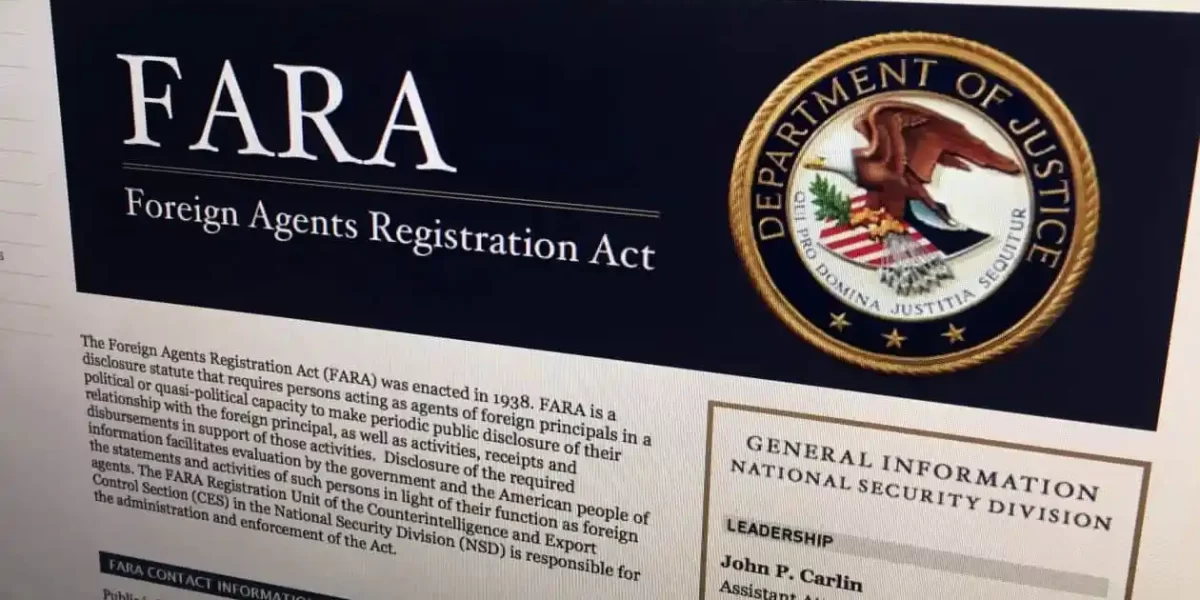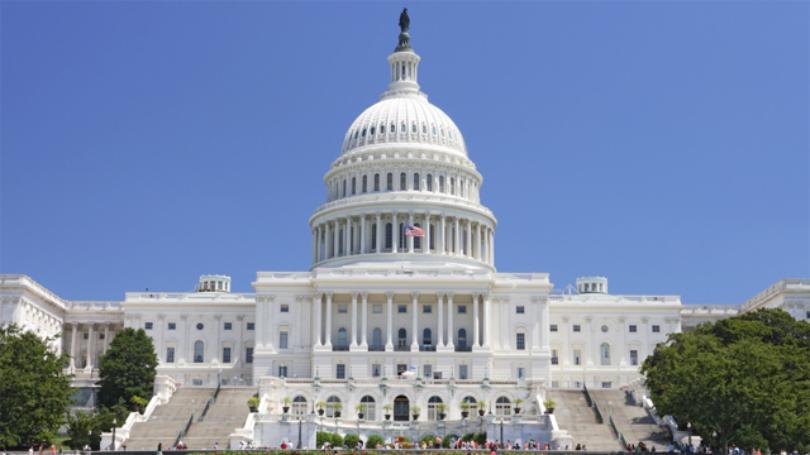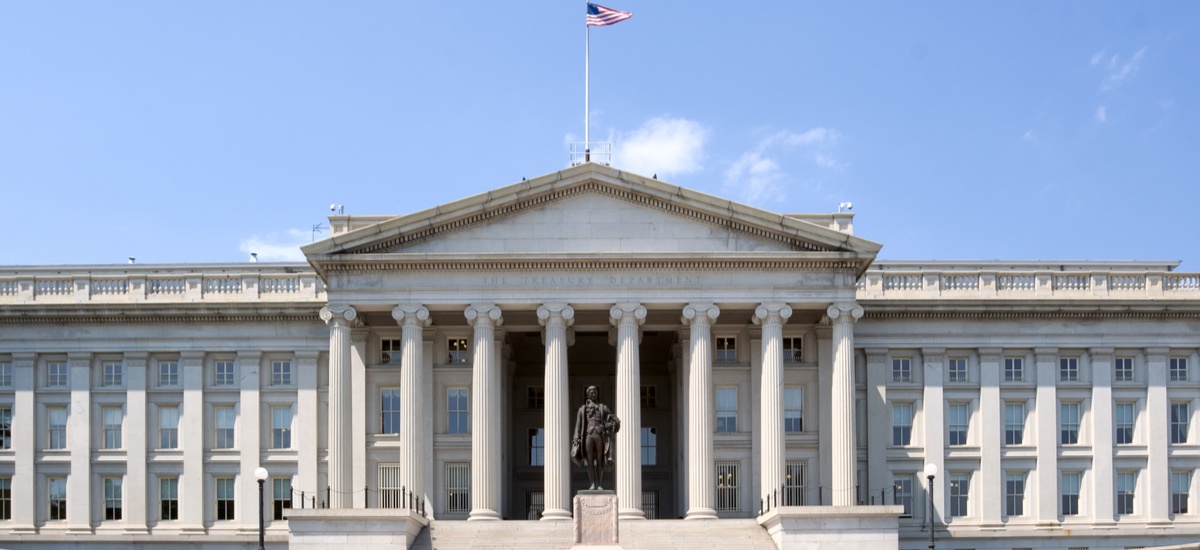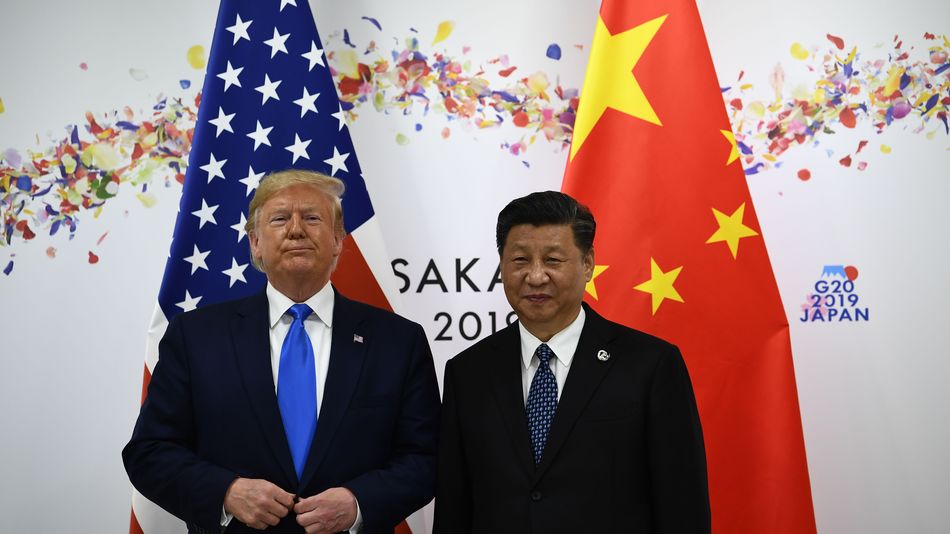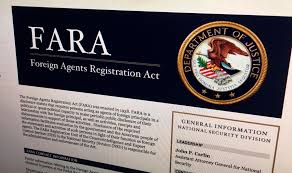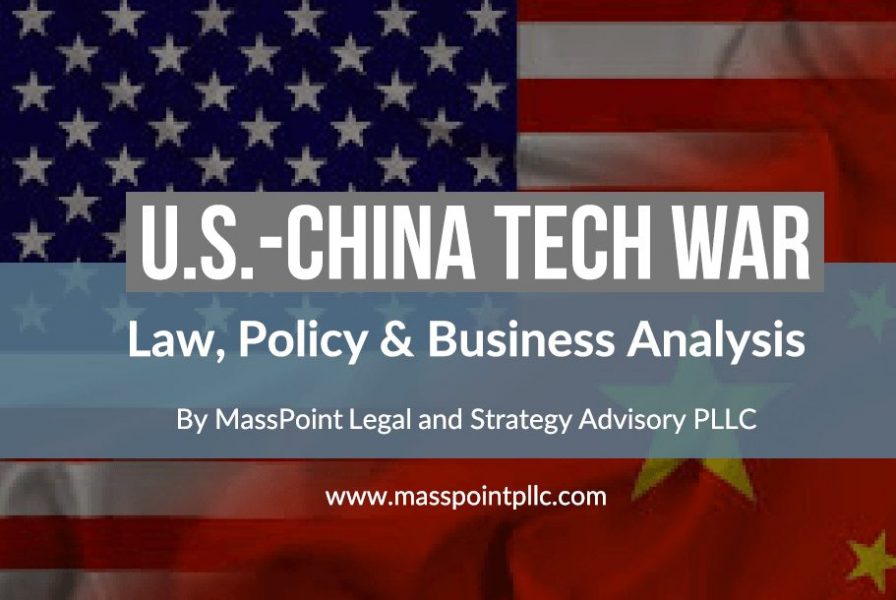The United States has adopted a whole-of-government approach to counter China’s “economic aggression” or “economic espionage,” umbrella terms that encompass a range of conduct including IP theft, forced technology transfer, academic espionage, and influence operations in the United States. The whole-of-government approach illustrates that the most strategically significant and complex confrontation between the United States and China is not the “trade war.” Rather, the race to dominate future technologies like artificial intelligence and 5G underpins the most complex legal and policy issues between the two nations. The U.S.-China tech war, and the United States’ whole-of-government strategy, has put Chinese technology companies under the hot light of U.S. legal and political scrutiny. Companies like Huawei and ZTE, relative unknowns in the United States until recently, have found themselves on the wrong side of U.S. law enforcement.

